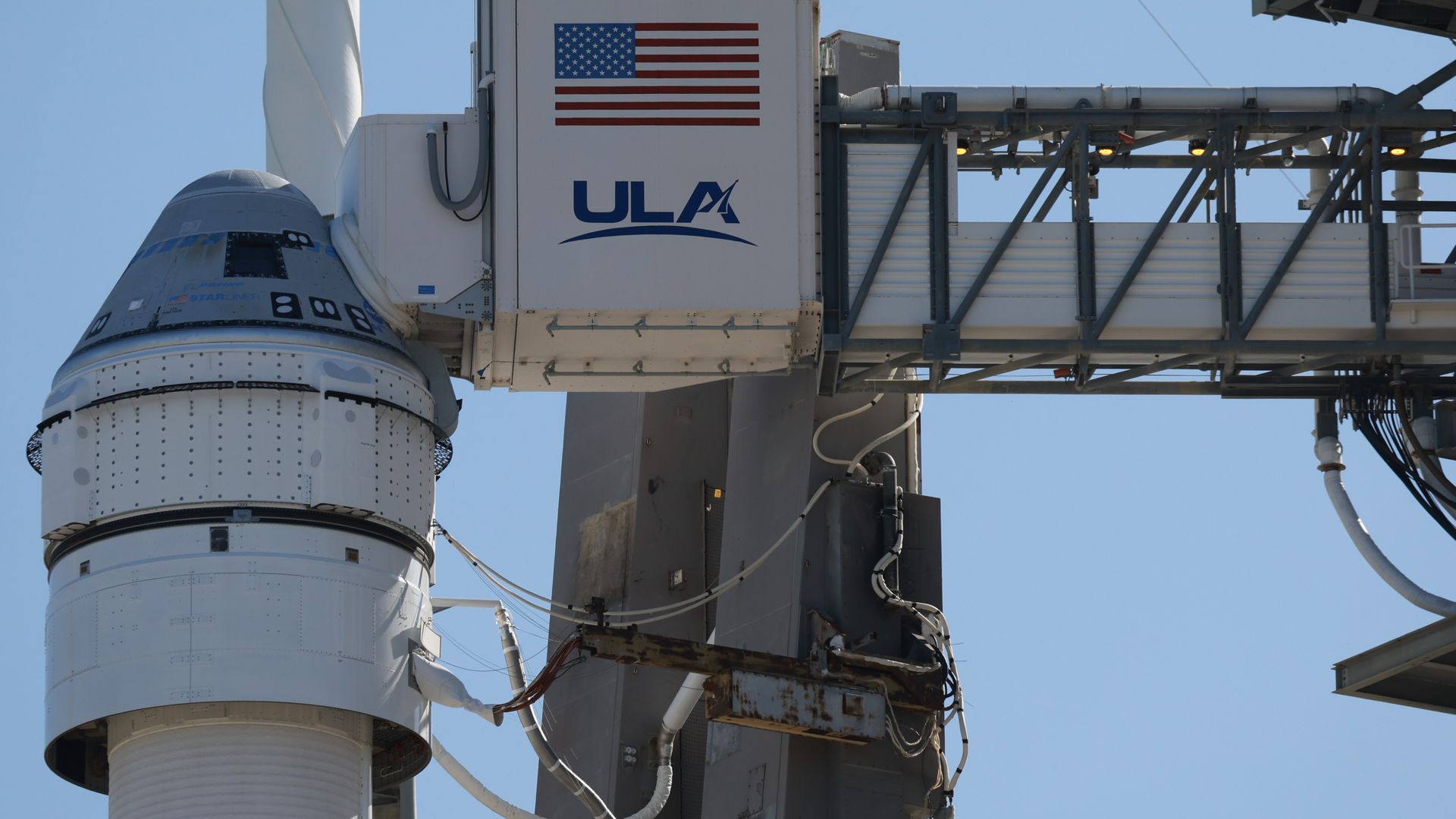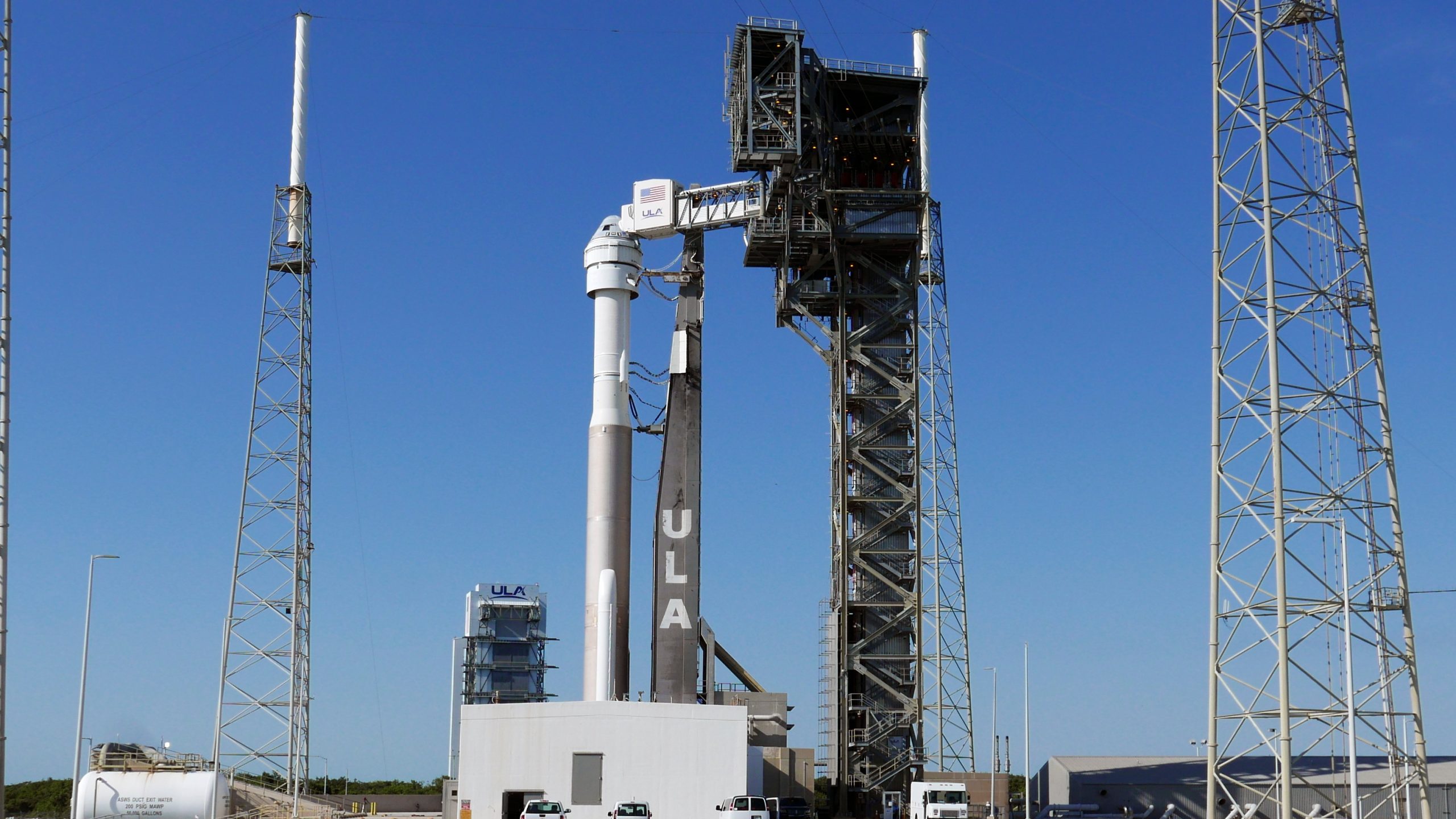The long-awaited piloted test flight of Boeing’s Starliner was halted just minutes before launch on Saturday due to a problem with one of the three redundant computers managing the countdown. This setback marks another delay in the troubled history of the Starliner spacecraft. Initially set for a retry on Sunday at 12:03 p.m. EDT, NASA later decided to postpone the launch to give engineers more time to address the issue.
Persistent Challenges
The test flight, which includes a rendezvous and docking with the International Space Station (ISS), is critical for Boeing as it aims to establish the Starliner as a reliable crew transport vehicle. The next launch opportunities after Sunday are Wednesday at 10:52 a.m. EDT and Thursday at 10:29 a.m. EDT, with NASA promising an update on Sunday.

The Starliner’s crew, commander Barry “Butch” Wilmore, and co-pilot Sunita Williams faced similar disappointment on May 6 due to a pressure relief valve issue in the Atlas 5 rocket and a helium leak in the capsule’s propulsion module. Although these problems were resolved, a new issue surfaced during Saturday’s countdown.
Technical Glitches and Responses
The countdown was progressing smoothly until the T-minus 4-minute mark when it entered a planned hold. Upon resumption, one of the three ground launch sequencer (GLS) circuit boards failed to sync with the others, triggering an automatic hold at T-minus 3 minutes and 50 seconds. This discrepancy required draining the Atlas 5 of its liquid hydrogen and oxygen propellants to allow engineers to access the computer room for troubleshooting.
Tory Bruno, CEO of United Launch Alliance (ULA), explained that the issue involved one of the networked computer racks at the launch pad base, which manages crucial countdown events. All three GLS systems must be in perfect agreement for a launch to proceed, and the delay allowed engineers to isolate and address the problem.
Taking Delays in Stride
Despite the setback, the launch team maintained a positive attitude. Mark Nappi, Boeing’s Starliner project manager, likened the situation to a game where a bad call requires immediate focus on the next play. He noted that the team quickly shifted to prepare for the next launch attempt.
Whenever it launches, this flight will be the first piloted mission for the Starliner and the Atlas 5 rocket family since astronaut Gordon Cooper’s Mercury program flight 61 years ago. Boeing’s Starliner, developed alongside SpaceX’s Crew Dragon under NASA’s Commercial Crew Program, has faced numerous delays and technical issues costing Boeing an estimated $1.4 billion to rectify.
Ensuring Safety and Reliability
NASA funded the development of both spacecraft to ensure continuous crew transport capability to the ISS, even if one system faces issues. The Starliner program has been plagued by delays due to budget constraints and technical challenges, with the recent helium leak in the Starliner’s propulsion system adding to the woes.

Engineers traced the helium leak to a flange in the plumbing that pressurizes the reaction control system jet. Despite the leak being small, extensive analysis and testing were required to ensure it wouldn’t worsen and compromise the mission. Ultimately, mission managers deemed the spacecraft safe for launch, stating that even if the leak rate increased significantly, it wouldn’t pose a risk.
